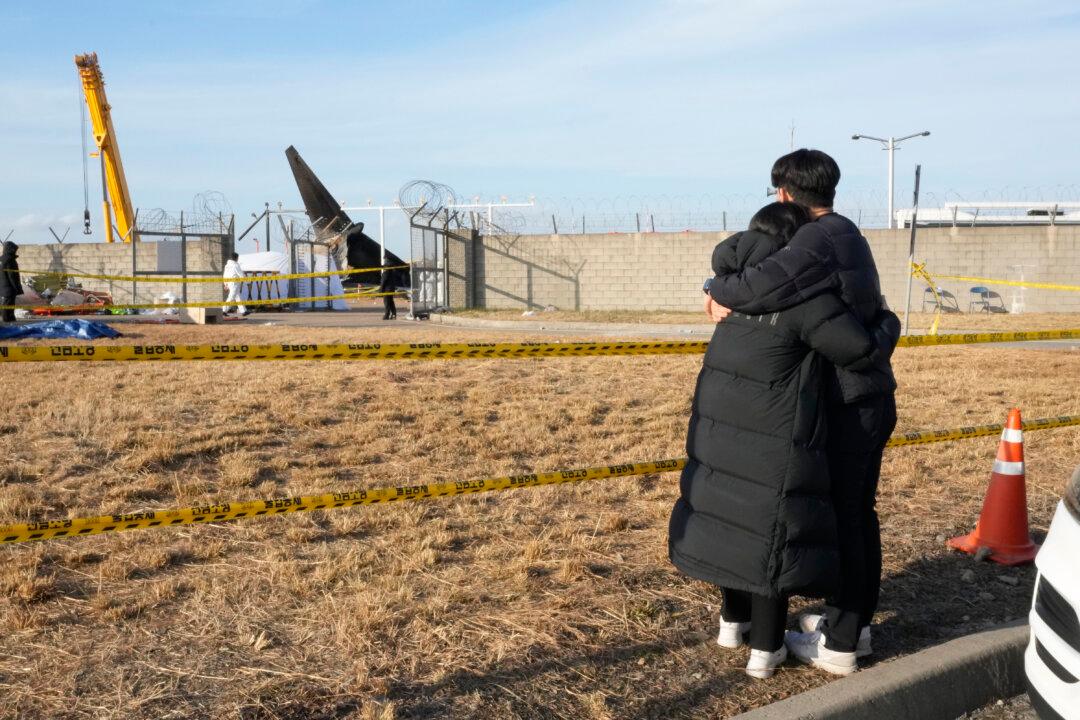NAIROBI, Kenya—The U.S. military in Africa says it has sent 40 additional soldiers to South Sudan’s capital, Juba, to help secure American personnel and facilities in the war-torn city.
Amid a tense cease-fire which has held since Monday night, the U.S. troops deployed at the request of the State Department, said Africom spokeswoman Cpt. Jennifer Dyrcz.
In five days of fighting in the capital President Salva Kiir’s forces ousted those loyal to First Vice President Riek Machar from one of their bases. The fighting left hundreds dead in the capital and aid workers said bodies remain in the streets.
The U.S. Embassy in Juba said it is organizing flights to evacuate non-essential staff and for all U.S. citizens wishing to leave South Sudan.
Commercial flights to Juba remain cancelled though charter flights are evacuating hundreds of aid workers and other foreign citizens from the capital.
The U.N. said 36,000 South Sudanese civilians have fled their homes due to the fighting, taking shelter in churches, U.N. bases and aid workers’ compounds.
“There is hardly any food in the market, and people are starving. As a result, they are turning to coping mechanisms like looting to survive,” said Jeremiah Young, policy adviser for World Vision. Many aid workers cannot get to desperate civilians because of the continued insecurity. There are reports of government soldiers blocking aid workers from moving to areas where civilians need assistance.
Relief workers should be given freedom of movement, said the U.N.’s humanitarian coordinator South Sudan Eugene Owusu.
“We urgently call on all concerned to guarantee safe and unhindered access for humanitarian organizations to ensure that we are able to reach all people in need, including in locations hardest-hit by the fighting,” he said.





